Research & Education
Research
Research
Research is essential to find new treatments, potential solutions and alternatives in todays rapidly changing world. It plays an important role in discovering pathways of evolution, and making sure that we use existing solutions in the best possible ways.
Research can find answers to things that are unknown, filling gaps in knowledge and changing the way that healthcare professionals work. Some of the common aims for conducting research studies are to diagnose diseases and health problems, prevent the development or recurrence of disease and reduce the number of people who become ill.
It can also serve as a great tool to combat climate change and learn from nature how to adopt to new emerging problems. Research is needed to sustain life on planet earth, grow and evolve together as a more healthy and sustainable species.
Animal Protection
Lorem ipsum dolor sit amet, ut diceret maiestatis has. Cum ne viris neglegentur, no quem idque iusto qui, partem eirmod ex mei. No duo vitae consul. Ei duo lorem nullam legimus, ei graeco possim indoctum quo. Enim denique sed ut.
Has ei vidit nominavi, ei quaeque epicuri vix. Odio tritani oblique sed ne, ne sensibus volutpat sit, ex est accumsan convenire disputando. Animal principes conceptam sed no, doctus animal neglegentur et qui. At sed salutatus suscipiantur, est cibo delicatissimi ne. No has alii munere, est no appetere partiendo.
At vix probo augue elaboraret, sit ad summo invenire, cu mel novum option. Legere putent appareat est te. Singulis vulputate mel et, sumo quaestio constituto his an. Nam consul blandit eligendi id, autem contentiones disputationi vis no. Per graeci iracundia et, probo euismod moderatius et pro.
Education
Poverty and education are intertwined. In fact, one of the biggest contributors to global poverty is lack of access to education.
In order to effectively fight poverty around the world, the lack of education for children in developing countries, especially for girls, must be addressed.
In 2015, the total number of illiterate adults reached 745.1 million. About 114 million young people, still lack basic reading and writing skills, while two-thirds (63 percent) from that are women.
It is imperative to reduce barriers to skills development and technical and vocational education and training, starting from the secondary level, as well as to tertiary education, including university, and to provide lifelong learning opportunities for youth and adults.
Animal Protection
afterwards
Education
No posts found!
